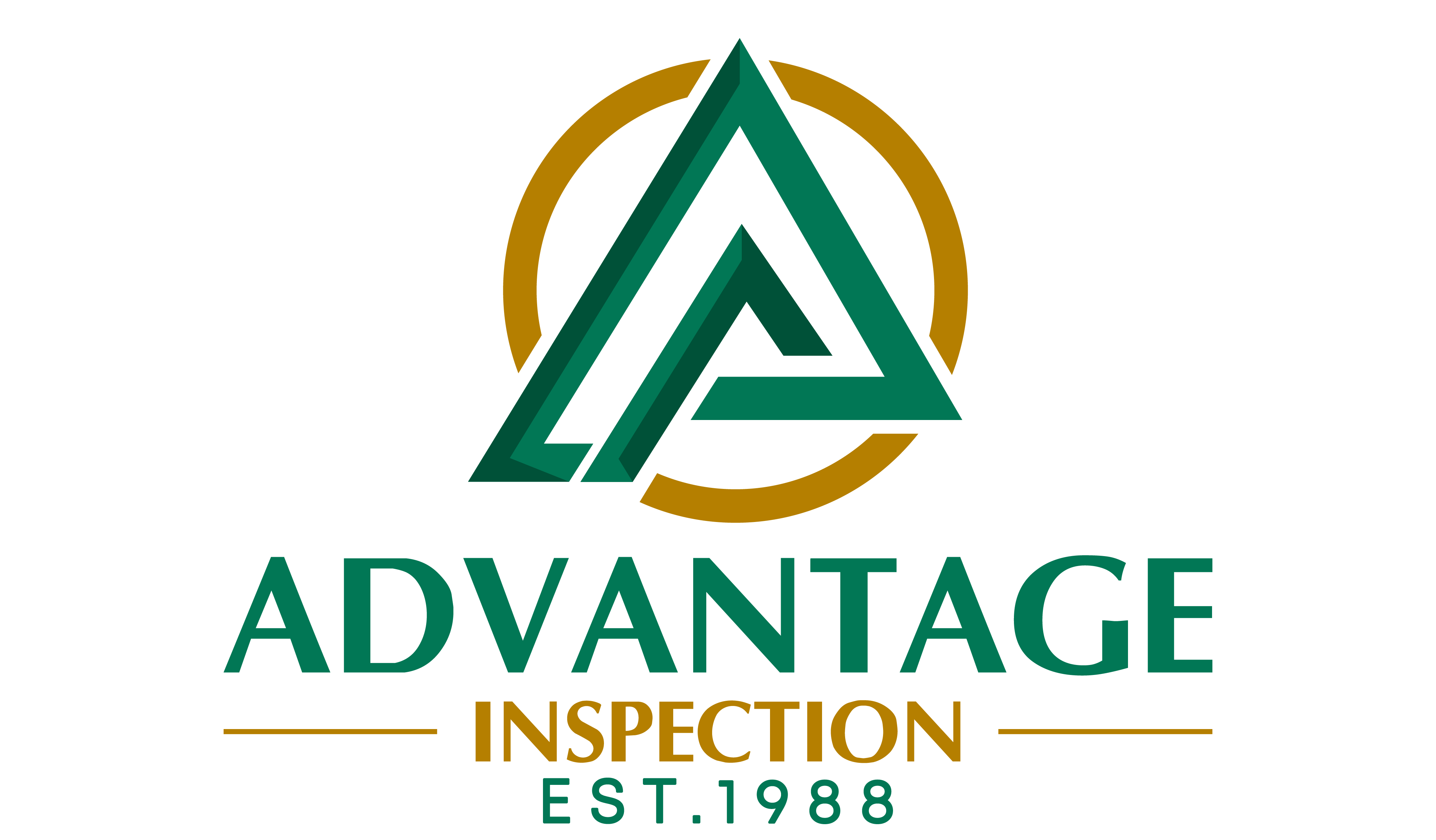Septic systems are an essential part of many homes, but who is responsible for inspecting them? In this article, we will take a look at who is responsible for inspecting septic systems and what to expect from the process.
What is a Septic System?
A septic system is an underground wastewater treatment structure commonly used in rural areas where there is no centralized sewer system. It consists of a septic tank and a drainfield, also known as a leach field. The septic tank is a watertight container that holds the wastewater from the home until it is separated into three layers: scum, liquid effluent, and solids. The liquid effluent is then drained into the drainfield, where it is naturally filtered and treated by the soil.
The purpose of a septic system is to safely and effectively dispose of wastewater from the home. It is a self-contained system that requires regular maintenance and periodic inspections to ensure proper functioning and prevent any potential issues.
Homeowner Responsibility
The responsibility for inspecting septic systems typically falls on the homeowner or property owner. It is important to regularly inspect septic systems to ensure their proper functioning and prevent any potential issues. However, in some cases, local health departments or environmental agencies may also be involved in the inspection process to ensure compliance with regulations and to protect public health and the environment. Regular septic system inspections can help prevent costly repairs and identify problems before they become more serious, thus ensuring the health and safety of your family and the environment.
Septic Inspector’s Responsibility for a Real Estate Purchase
A septic inspector plays a crucial role when it comes to inspecting septic systems, especially in the context of a real estate purchase. The responsibility of a septic inspector is to assess the condition of the septic system, identify any potential issues or failures, and provide a detailed inspection report.
During a real estate purchase, it is common for a home inspection to be conducted, which includes a septic system inspection. The septic inspector will evaluate the septic tank, drain field, and related components to ensure they are functioning properly. They will look for signs of damage, leaks, blockages, or any other potential problems that could affect the functionality of the system.
The septic inspector’s responsibility is to provide an unbiased assessment of the septic system’s condition and inform the buyer about any necessary repairs or maintenance that may be needed. This information is crucial for the buyer to make an informed decision about the property and negotiate any repairs or price adjustments with the seller.
In summary, a septic inspector is responsible for inspecting septic systems during a real estate purchase. Their role is to identify any issues, provide a detailed inspection report, and help ensure the health and safety of the property’s occupants and the environment.
The Benefits of Regular Septic System Inspections
Regular septic system inspections offer several benefits that can help homeowners prevent costly repairs, maintain the health and safety of their family, and protect the environment. Some of the key benefits include:
1. **Preventing costly repairs:** Regular inspections allow homeowners to identify and address any issues with their septic system before they escalate into major problems. This can save homeowners from expensive repairs or even the need for a complete system replacement.
2. **Identifying problems early:** Inspections help to catch any potential problems with the septic system at an early stage. This includes issues such as leaks, blockages, or damage to the tank or drain field. By addressing these problems early on, homeowners can prevent further damage and ensure the proper functioning of their septic system.
3. **Ensuring health and safety:** A properly functioning septic system is essential for maintaining the health and safety of your family and the environment. Regular inspections help to identify any issues that could pose a risk to the health of your family, such as sewage backups or contamination of groundwater. By addressing these issues promptly, you can ensure that your septic system is working efficiently and protecting the health of your loved ones.
Overall, regular septic system inspections are a proactive approach to maintaining the functionality and longevity of your septic system. They allow homeowners to identify and address any issues early on, preventing costly repairs and ensuring the health and safety of their family and the environment.
Conclusion
Regular septic system inspections are crucial for homeowners to prevent costly repairs, maintain the health and safety of their family, and protect the environment. By conducting regular inspections, homeowners can identify and address any issues with their septic system before they escalate into major problems. This helps to save homeowners from expensive repairs or the need for a complete system replacement. Inspections also help to catch potential problems at an early stage, such as leaks, blockages, or damage to the tank or drain field. By addressing these issues early on, homeowners can prevent further damage and ensure the proper functioning of their septic system. Additionally, regular inspections ensure the health and safety of your family and the environment by identifying any issues that could pose a risk, such as sewage backups or contamination of groundwater. By addressing these issues promptly, homeowners can ensure that their septic system is working efficiently and protecting the health of their loved ones. Overall, regular septic system inspections are a proactive approach to maintaining the functionality and longevity of your septic system.
Google “Septic Inspector Near Me” or Call Advantage Inspection for more information.
According to the Environmental Protection Agency, in the United States, 25% of homes depend on a septic system.
Dave Park
Advantage Septic Inspection
“Your Septic Inspector Near Me”
https://orchard.com/blog/posts/what-is-a-septic-inspection
According to most experts, you should get your septic tank inspected at least every three to five years.
https://listwithclever.com/real-estate-blog/septic-inspections/



Recent Comments